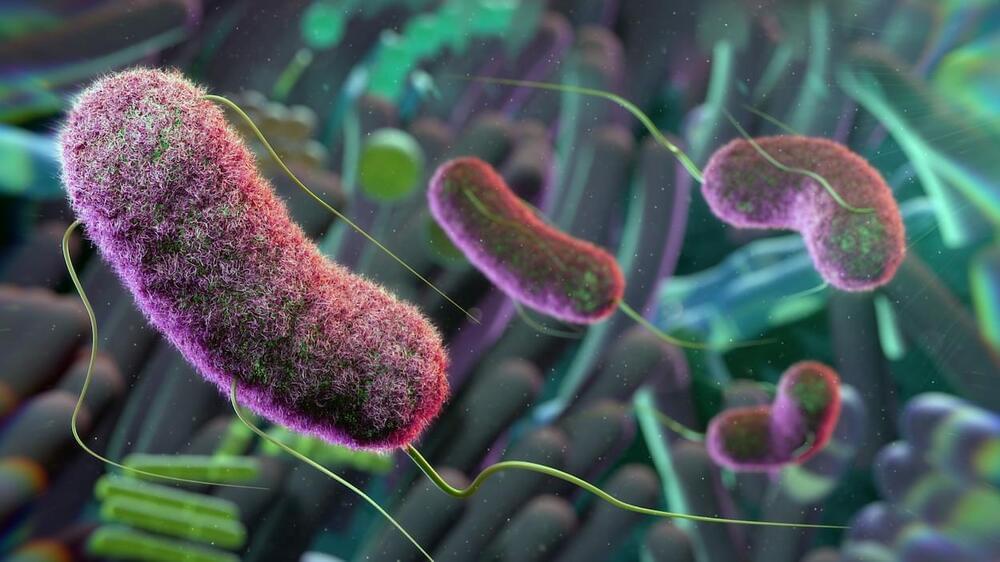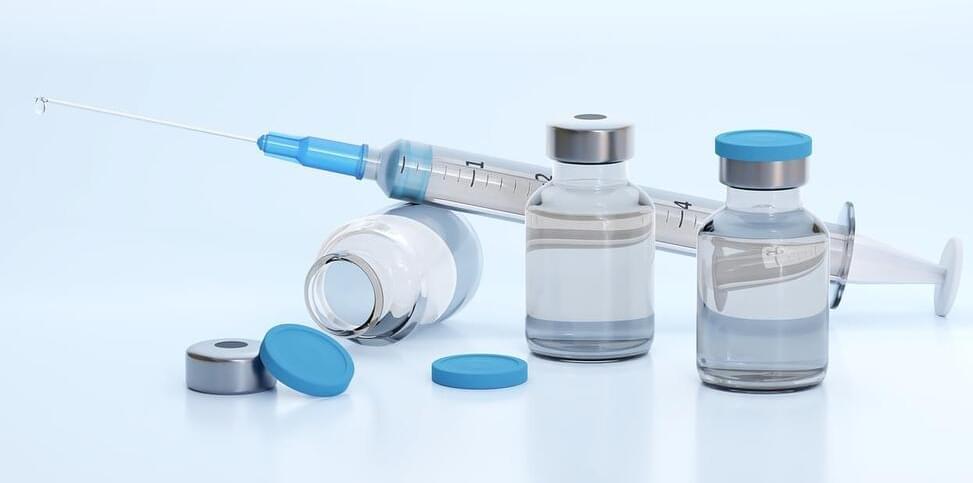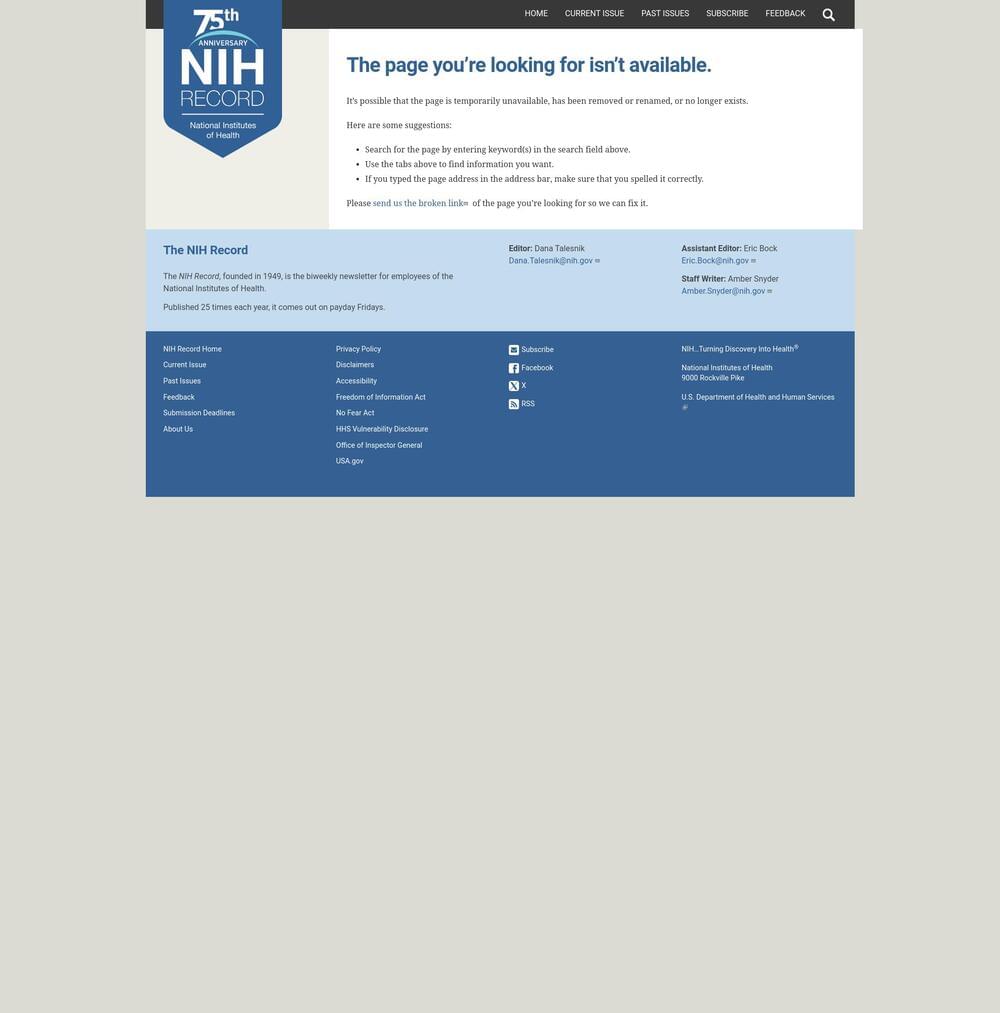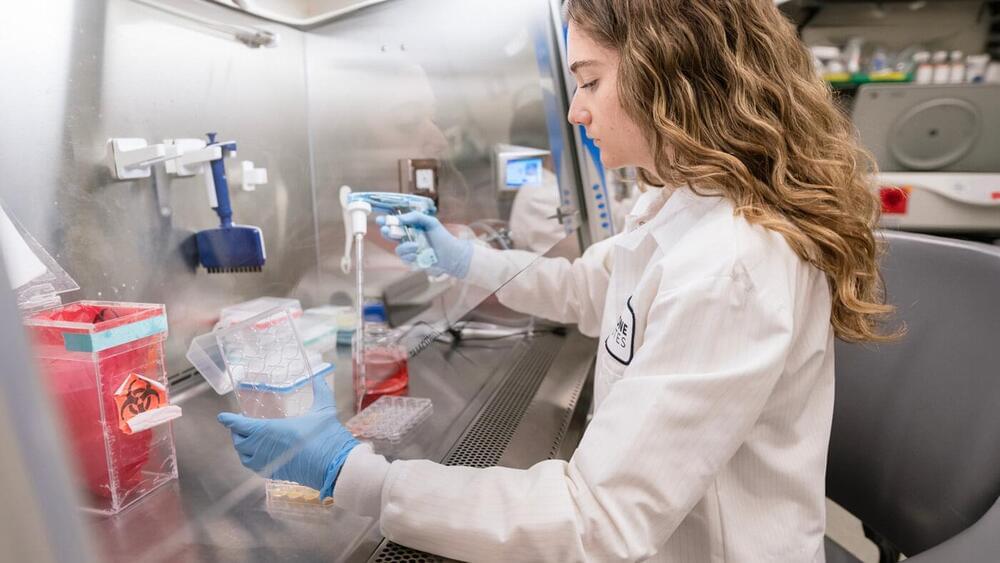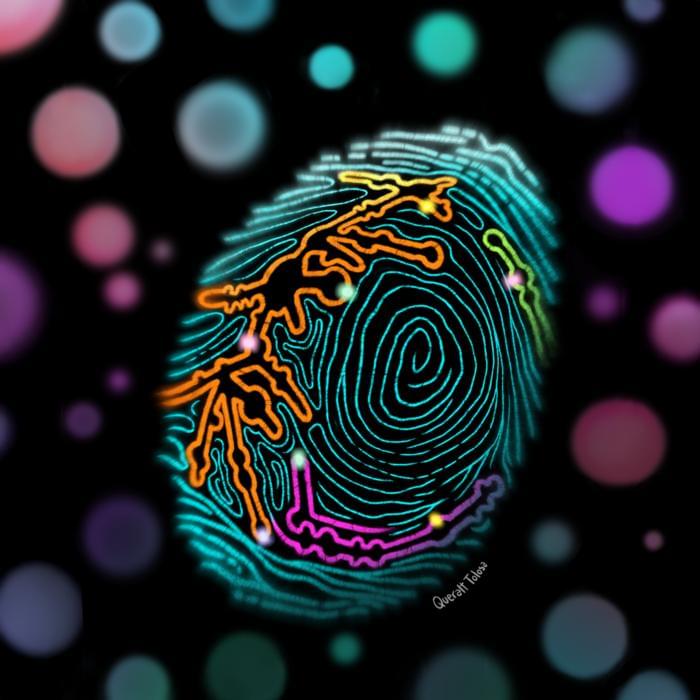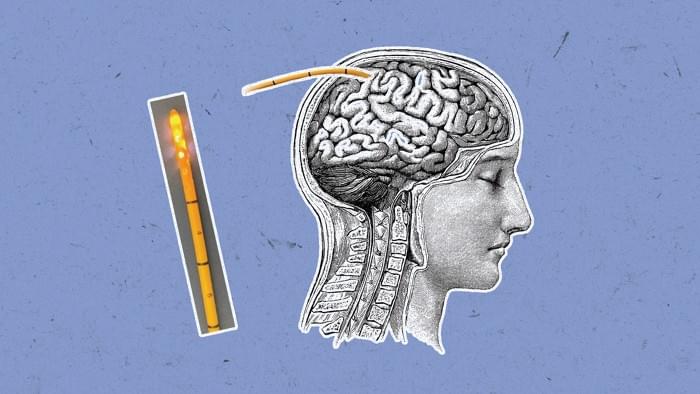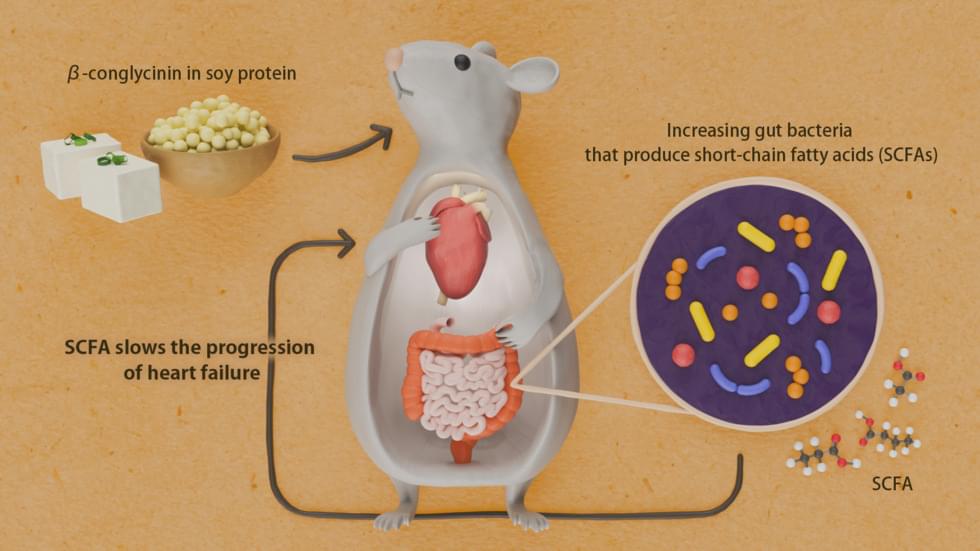Vaccines have advanced the field of health and medicine throughout the last century. They are commonly given before a disease can occur to expose individuals to invading pathogens. Vaccines given as a preventative treatment helps the immune system build an immune response against disease that the person may encounter in the future. When an individual gets a shot at the doctor’s office they are injecting an attenuated version of the disease. The body will then recognize this pathogen as foreign and build an immune response against it. This is why many times a person feels sick after a few days from a vaccination – the body is activating the immune system to eliminate the disease.
Many types of vaccines exist and are developed to optimize delivery of attenuated pathogen. Arguably, the most well-known type of vaccine uses messenger ribonucleic acid (mRNA). These vaccines work by delivering mRNA of a virus, which allows human cells to produce viral protein. The immune system responds strongly to the viral proteins and targets them with different immune cells, while also generating antibodies against it. Once the body has built this response, the immune system can more easily target the same virus in the future. This recognition of specific infections is referred to as immunological memory. Currently, the only mRNA vaccines Food and Drug Administration (FDA) approved are for COVID-19. However, the efficient use of mRNA vaccines for COVID-19 have scientists wondering if this format can be used in other disease settings, including cancer.
A recent article in Nature Communications, by Dr. Damya Laoui and others introduce a novel therapeutic approach in which mRNA is integrated into nanoparticles to overcome tumor progression. Laoui is a group leader at Vlaams Instituut voor Biotechnologie (VIB) in Brussels, Belgium. Her work focuses on immune cell activation through specific immune cells known as macrophages and dendritic cells. Laoui also works on developing novel personalized immunotherapies for patients with hard-to-treat cancers.

